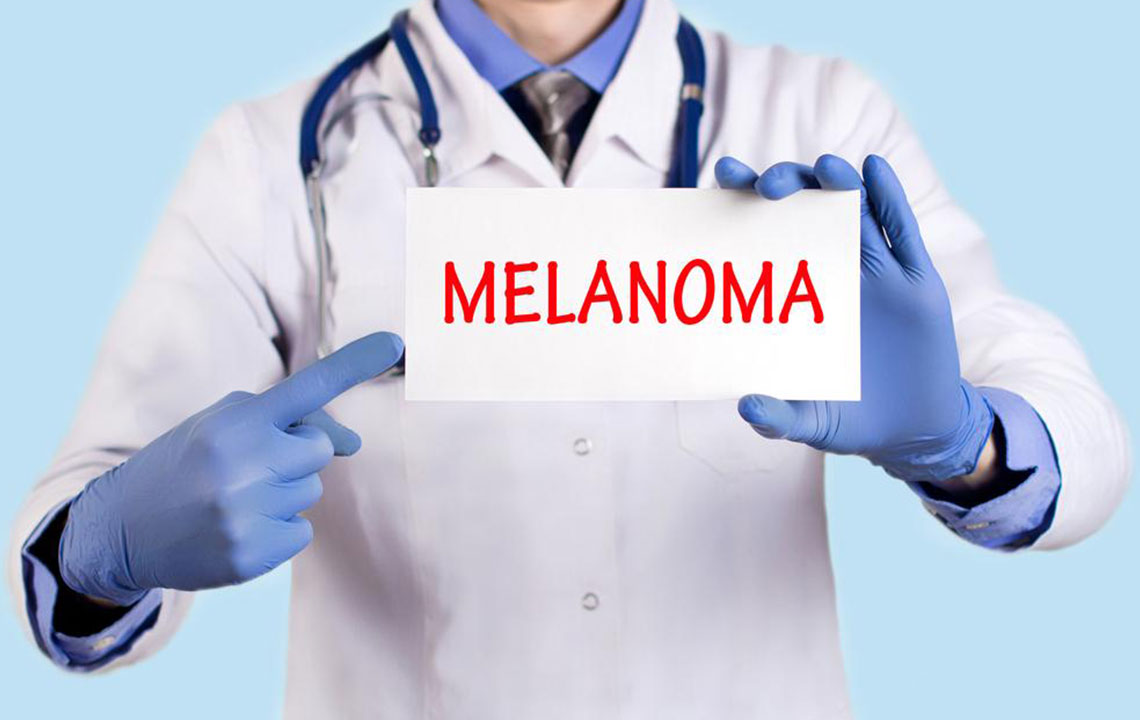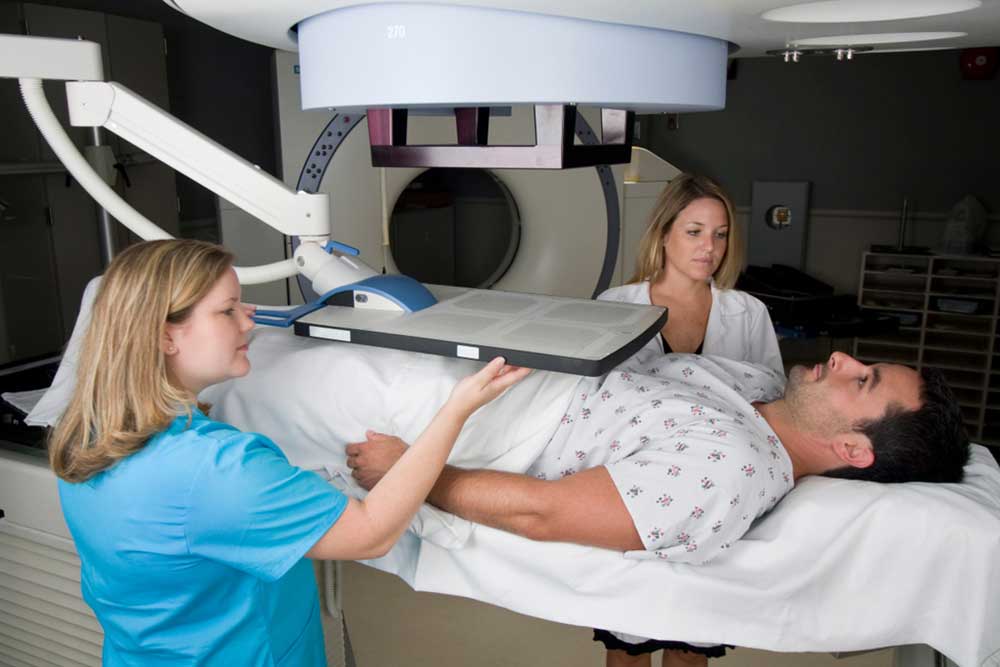Strategies and Treatments for Managing Prostate Cancer
This article discusses effective management options for prostate cancer, emphasizing early detection and various treatment strategies such as hormone therapy, chemotherapy, immunotherapy, and radiation. It highlights the importance of prompt diagnosis, symptom recognition, and supportive care for improved quality of life in advanced stages. Suitable for patients and caregivers, the content offers insights into managing this common male cancer, fostering awareness and proactive health decisions.

Strategies and Treatments for Managing Prostate Cancer
Prostate cancer is a leading cause of cancer-related deaths among men worldwide. It affects the prostate gland, located beneath the bladder, which plays a vital role in semen production. Approximately 1 in 7 men in the U.S. will be diagnosed with prostate cancer, and sadly, many cases are detected only in advanced stages when treatment options become limited.
If detected early, prostate cancer is highly treatable. However, advanced cases require comprehensive management to slow progression and alleviate symptoms. Recognizing early signs, such as urinary difficulties, can significantly improve treatment outcomes.
The proliferation of cancer cells within the prostate leads to palpable changes and health complications. When cancer extends beyond the prostate, it is termed advanced. Managing this stage involves approaches aimed at controlling spread and improving quality of life. Diagnostic procedures include digital rectal exams, blood tests, bone scans, and biopsies—all helping doctors formulate the best treatment plan based on tumor size and spread.
While advanced prostate cancer isn't curable, treatments focus on managing symptoms and slowing disease progression. These include hormone suppression, chemotherapy, immunotherapy, and radiation therapy, tailored to each patient's condition.
Hormone Therapy: This approach reduces androgen levels, primarily testosterone, known to fuel prostate cancer growth. While surgical removal of testes was previously common, modern medications achieve similar effects without permanence. Side effects may include low libido, bone weakening, or infertility.
Chemotherapy: For patients unresponsive to hormone therapy, chemotherapy offers benefits by shrinking tumors and extending lifespan. Common side effects involve hair loss, fatigue, and peripheral nerve issues.
Immunotherapy: Leveraging the immune system, treatments like Provenge stimulate immune cells to target prostate cancer specifically, enhancing immune response against the tumor.
Radiation Therapy: This method uses high-energy rays to destroy cancer cells, often used alongside other treatments for advanced cases.
Coping with advanced prostate cancer can be challenging emotionally and physically. Supportive care, combined with a healthy lifestyle and medical guidance, can help men navigate treatment and maintain a fulfilling life. Staying positive and proactive is essential during this journey.










